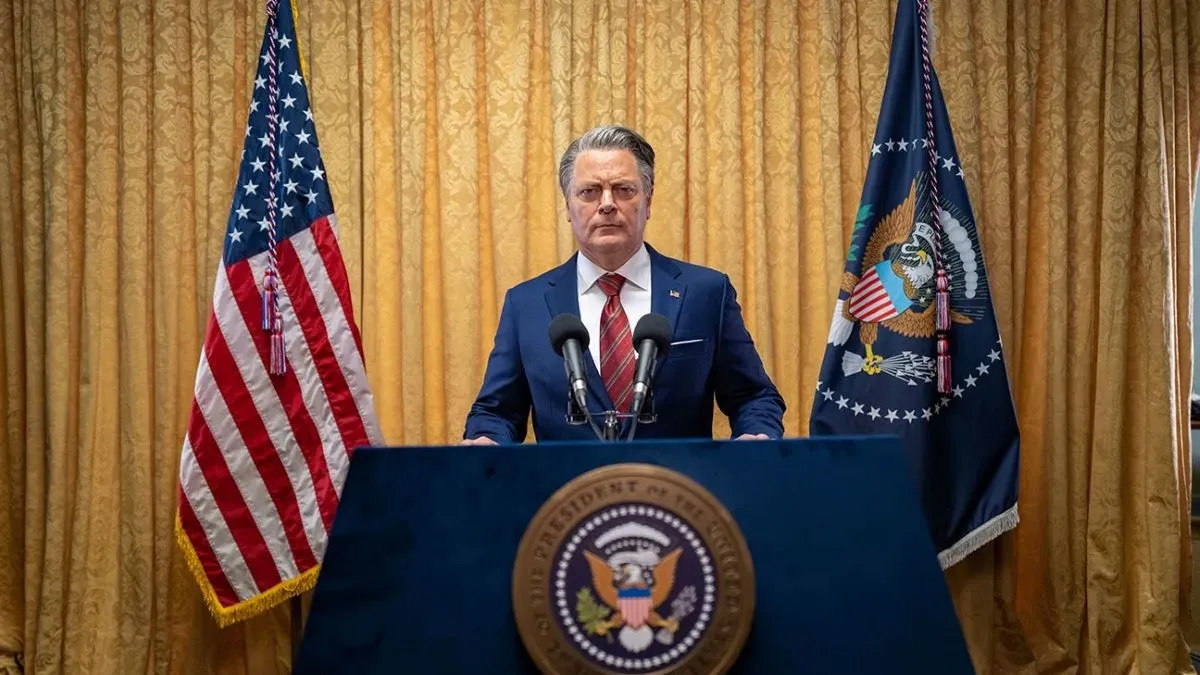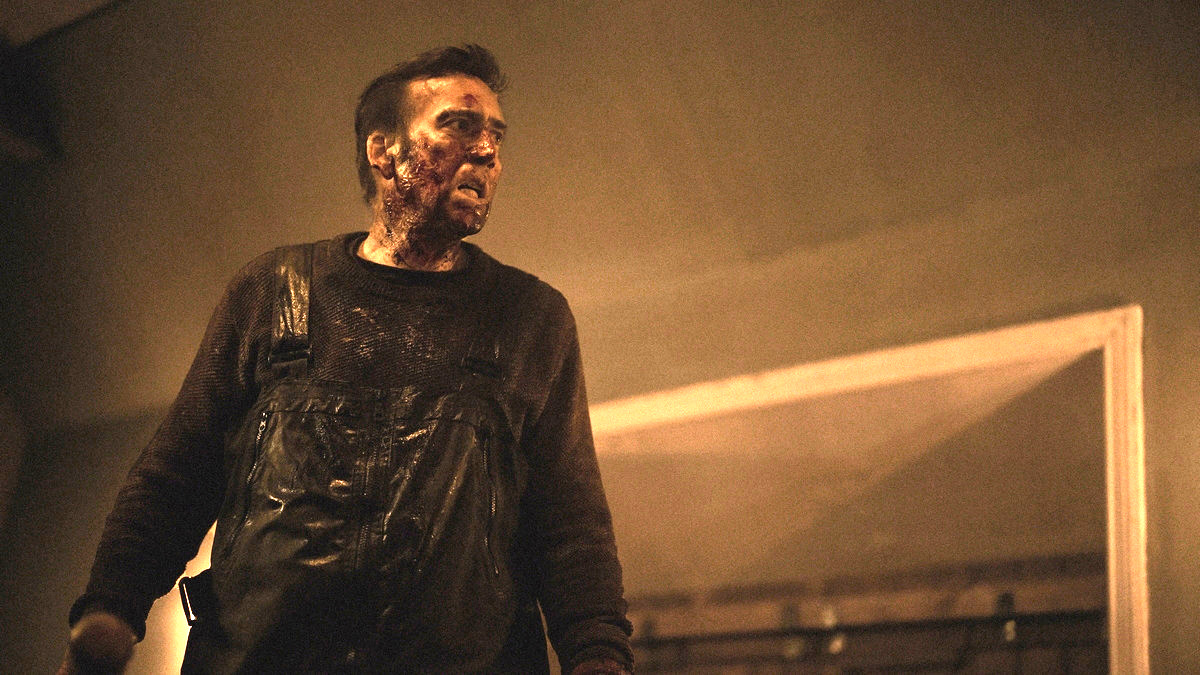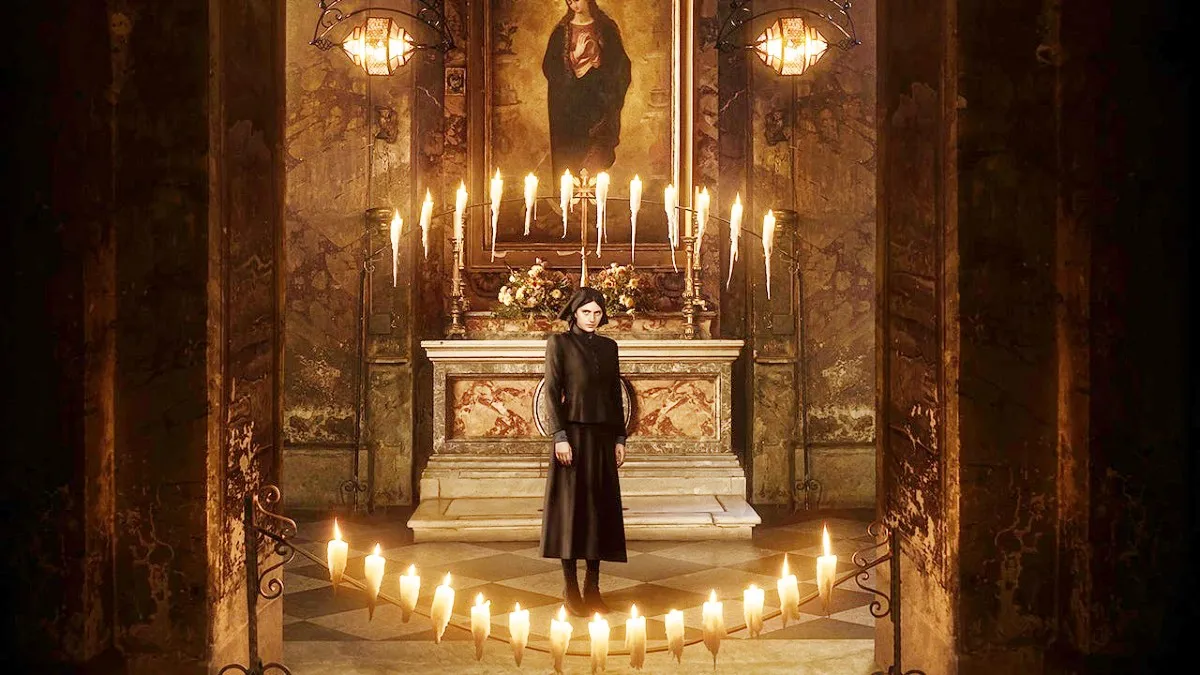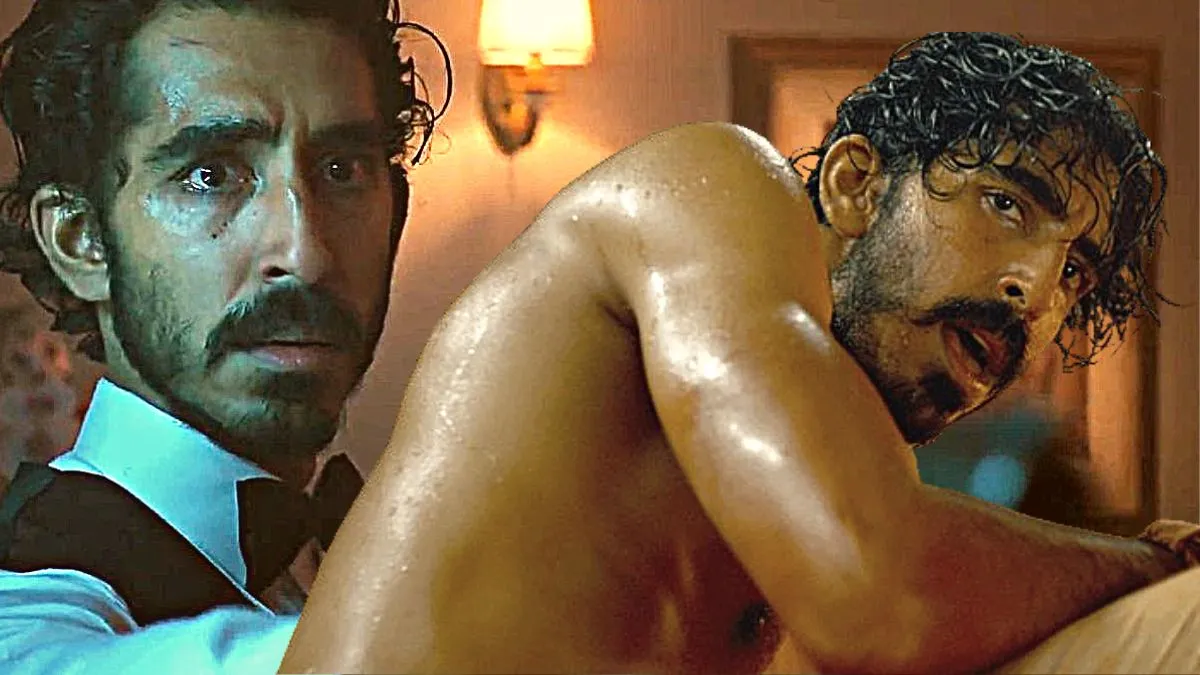
As Bert Cooper would say, Bravo.
In the week leading up to this mid-season finale, many Internet critics and commentators criticized AMC’s decision to split Mad Men’s season in two halves. Unlike Breaking Bad and The Walking Dead, action-heavy series that created excitement and anticipation with surprising cliffhanger endings, how could a slower, more character-driven series finish on a resonant note? Well, from the moments we see Bert Cooper watch the lift-off of Apollo 11 and Ted cut the engine as he steers two clients on his plane, “Waterloo” is a high-wire hour, full of superb acting and story turns both devastating and triumphant. This was an episode filled with darkness and light, some big wins and an incredible loss. If “Waterloo” does not rank as the series’ best episode, it is certainly in the top five.
The best place to start is with the dearly departed Bertram Cooper, the chipper, wry, bow-tied senior partner who has been a voice of wisdom and wit for six-and-a-half seasons. The actor who played Cooper, Robert Morse, was best known for being the original J. Pierrepoint Finch in the Broadway musical and the film version of How to Succeed in Business Without Really Trying. The musical-comedy opened in 1961, was set in the world of advertising and won Morse a Tony for Best Actor.
The role of Bert, who definitely did succeed in business, was likely an homage to Morse’s part as Finch. To have writers Carly Wray and Matthew Weiner let Morse soft-shoe back into our hearts, in the cheeriest moment Mad Men has had in years, to a speechless Don, should go down as one of the memorable moments in the series. His rendition of “The Best Things in Life are Free” (with secretaries swooning and dancing around him, as per the Broadway stage) is a mantra that could define the last half of season seven, as well as be a priceless tribute to one of Mad Men’s most adored characters.
Now, to the episode. This final season has really honed in on the show’s two central characters, Don and Peggy. In my review last week, I mentioned that Don and Peggy are like father and daughter. She has looked up to him for her entire creative career, despite his disapproval and her decisions to seek more independence elsewhere. He has been proud of her for a long time, but does not get much of a chance to say it. That relationship is cemented even further this week, when he entrusts her to give the Burger Chef pitch. Who cares if Pete thinks she is too much of a “mother” to sell to a room full of men? Father knows best.
Meanwhile, since the season takes place in 1969, viewers have been waiting to see how the moon landing would be handled. Of course, the momentous nature of the moment is quickly silenced with the news of Bert’s death. (The moment when Roger walks to Bert’s door, looking glum, and removes the slide with his name was simply stunning.) However, there has to be a character to represent Neil Armstrong in this episode, and that person would be Peggy. She is the one who makes the small step for her career, by leading a moving and poignant (if slightly long-winded) pitch to the Burger Chef execs. The moment of thick static that fills the air as she waited for the men in the boardroom to finish their chit-chat, followed by her smile of relief when the board reacts in awe, is her moon landing. The scene is paced superbly, with weighty suspense and build-up leading into a stunning presentation. That triumph, and her giddy excitement when she reveals to Don that she landed the campaign, makes her akin to an astronaut in Don Draper’s eyes.






